Acne is a common skin condition that affects people of all ages. While hormonal factors and genetics can play a role, certain skincare mistakes can worsen or even cause acne breakouts.
Understanding these mistakes and making the necessary adjustments to your skincare routine can help improve the health and appearance of your skin. In this post, we will explore the five of the biggest skincare mistakes that may be causing your acne.
Busy? Save this pin for later.
1. Using Harsh or Irritating Cleansers
One of the most common mistakes people make when it comes to skincare is using harsh or irritating cleansers.
Cleansers that contain ingredients like sulfates, fragrances, and alcohol can strip the skin of its natural oils, leading to dryness and irritation.
This, in turn, can trigger the production of excess sebum, clogging the pores and causing acne breakouts.
To avoid this mistake, opt for gentle cleansers that are specifically formulated for acne-prone skin. Look for products that are free from harsh chemicals and contain ingredients like salicylic acid or benzoyl peroxide, which can help clear acne-causing bacteria and exfoliate the skin gently.
Here are some additional tips to consider:
Avoid cleansers with artificial fragrances, as they can be irritating to the skin.
Look for cleansers that are pH-balanced to maintain the skin’s natural acidity.
Consider using a cleansing brush or gentle exfoliating cleanser once or twice a week to remove dead skin cells and unclog pores.
You Might Also Like: The Best Skin Care Routine For Your Face
2. Overwashing or Underwashing Your Face
Finding the right balance when it comes to cleansing your face is crucial for maintaining healthy skin. Overwashing or underwashing can disrupt the natural balance of your skin and result in acne breakouts.
Overwashing your face can strip away the natural oils that protect and moisturize the skin. This can lead to dryness and irritation, triggering your skin to produce more oil to compensate for the loss.
On the other hand, underwashing can allow dirt, oil, and impurities to accumulate on the skin, clogging the pores and causing acne.
The ideal frequency for washing your face is twice a day – once in the morning and once before bed. Use lukewarm water and a gentle cleanser to remove dirt and excess oil without causing irritation.
Here are some additional tips to consider:
Avoid scrubbing your face vigorously, as this can cause micro-tears in the skin and worsen acne.
If you wear makeup, use a gentle makeup remover before cleansing to ensure all traces of makeup are removed.
Consider using a toner after cleansing to remove any remaining impurities and balance the skin’s pH levels.
3. Not Moisturizing Properly
Many people with acne-prone skin mistakenly believe that moisturizing will make their skin oilier and worsen their acne.
However, skipping moisturizer or using the wrong one can lead to dryness and trigger the overproduction of sebum, leading to more acne breakouts.
The key is to choose a lightweight, oil-free, and non-comedogenic moisturizer that is specifically formulated for acne-prone skin. These moisturizers help hydrate the skin without clogging the pores. Look for ingredients like hyaluronic acid or glycerin, which provide hydration without adding excess oil.
Here are some additional tips to consider:
Apply moisturizer to damp skin to lock in moisture and enhance absorption.
Use a moisturizer with SPF during the day to provide sun protection without clogging the pores.
Consider using a moisturizer with anti-inflammatory ingredients like aloe vera or chamomile to soothe acne-prone skin.
You Might Also Like: 9 Easy Ways to Achieve a Natural Glow
4. Not Protecting Your Skin from the Sun
Sun exposure can aggravate acne and cause inflammation, making the acne breakouts more visible and difficult to manage.
Many acne treatments can also make the skin more sensitive to the sun’s harmful rays. Therefore, not protecting your skin from the sun can worsen acne and lead to long-lasting skin damage.
Make sure to apply a broad-spectrum sunscreen with at least SPF 30 every day, even on cloudy or rainy days. Look for oil-free and non-comedogenic sunscreens that won’t clog your pores.
Additionally, wearing a wide-brimmed hat and seeking shade during peak sun hours can further protect your skin.
Here are some additional tips to consider:
Reapply sunscreen every two hours, especially if you’re spending extended periods outdoors.
Consider using a physical sunscreen with ingredients like zinc oxide or titanium dioxide, as they provide a protective barrier on the skin.
Use additional sun protection measures like wearing protective clothing, such as long-sleeved shirts and pants, and using sunglasses to shield your eyes from harmful UV rays.
5. Popping or Picking at Your Acne
It can be tempting to pick at or pop your acne, especially when it’s painful or takes a long time to heal. However, doing so can lead to more inflammation, scarring, and even infections.
Popping or picking at acne can also spread bacteria from one area of the face to another, causing more breakouts.
To resist the urge to pop or pick at your acne, keep your hands away from your face and adopt a hands-off approach.
Instead, focus on using gentle, targeted treatments such as spot treatments with ingredients like benzoyl peroxide or tea tree oil.
These treatments can help reduce inflammation and promote healing without causing further damage to the skin.
Here are some additional tips to consider:
- Apply a warm compress to a pimple to help reduce inflammation and encourage it to come to a head naturally.
- Use clean, sterile tools if you absolutely must extract a pimple, and only do so when it is fully mature.
- Consider seeking professional help from a dermatologist for more severe acne or persistent breakouts.
In conclusion, avoiding these skincare mistakes can significantly improve your acne-prone skin. By using gentle cleansers, finding the right balance in cleansing, moisturizing properly, protecting your skin from the sun, and resisting the urge to pop or pick at your acne, you can take proactive steps towards achieving clearer and healthier skin.
You Might Also Like: Debunking Common Skin Care Myths With Facts
FAQ
1. What kind of cleansers should I avoid using to prevent breakouts?
Harsh or irritating cleansers that contain ingredients like sulfates, fragrances, and alcohol should be avoided as they can strip the skin of its natural oils and cause breakouts.
2. How often should I wash my face to prevent breakouts?
It is recommended to wash your face twice a day – once in the morning and once before bed. Overwashing or underwashing can disrupt the natural balance of your skin and lead to breakouts.
3. Should I moisturize if I have acne-prone skin?
Yes, it is important to moisturize even if you have acne-prone skin. Skipping moisturizer or using the wrong one can lead to dryness and trigger the overproduction of sebum, causing more acne breakouts. Choose a lightweight, oil-free, and non-comedogenic moisturizer specifically formulated for acne-prone skin.
4. Why is it important to protect my skin from the sun if I have acne?
Sun exposure can aggravate acne and cause inflammation, making the breakouts more visible and difficult to manage. Additionally, many acne treatments can make the skin more sensitive to the sun’s harmful rays. Applying a broad-spectrum sunscreen with at least SPF 30 every day and taking additional sun protection measures can help prevent acne and long-lasting skin damage.
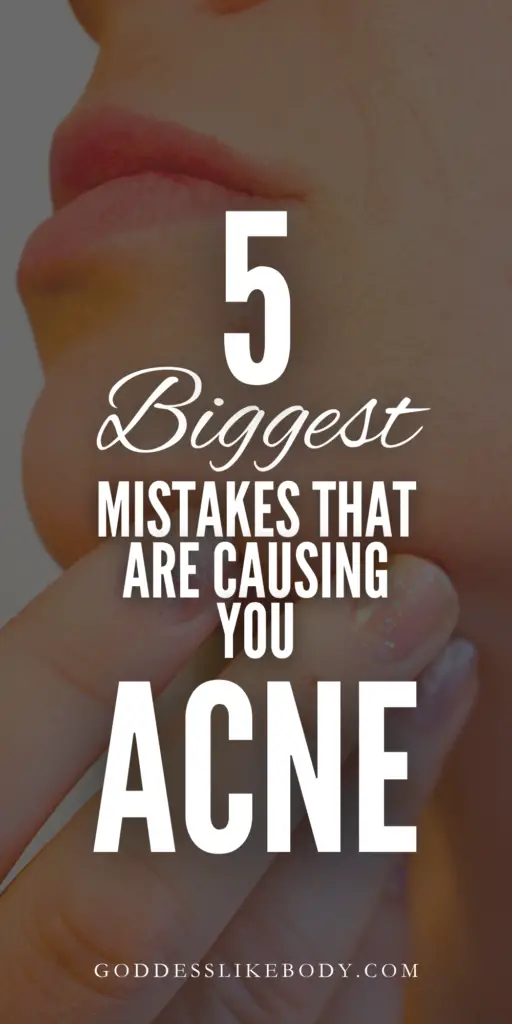
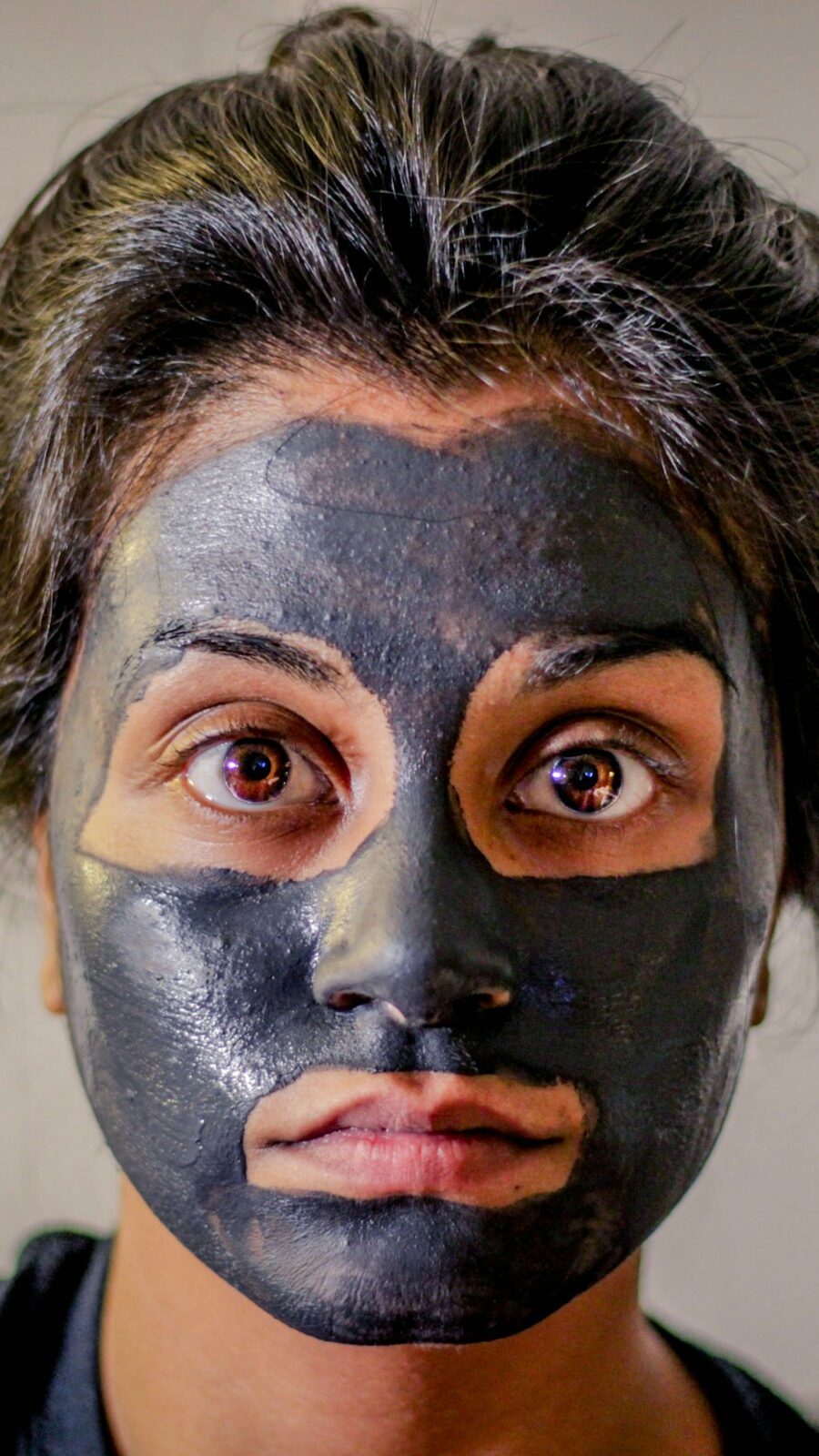
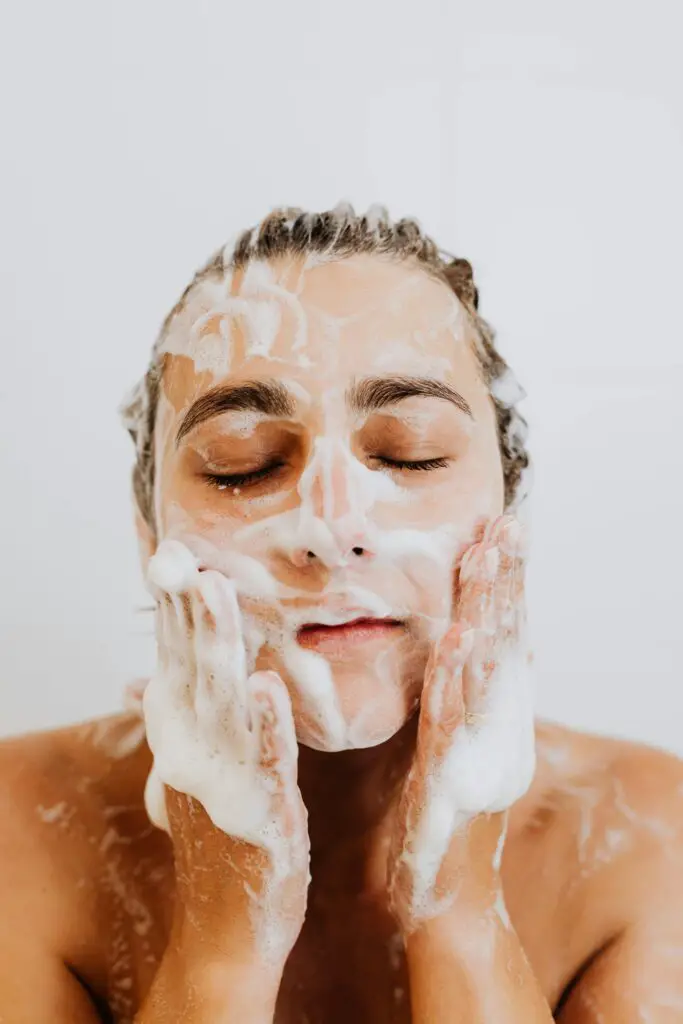
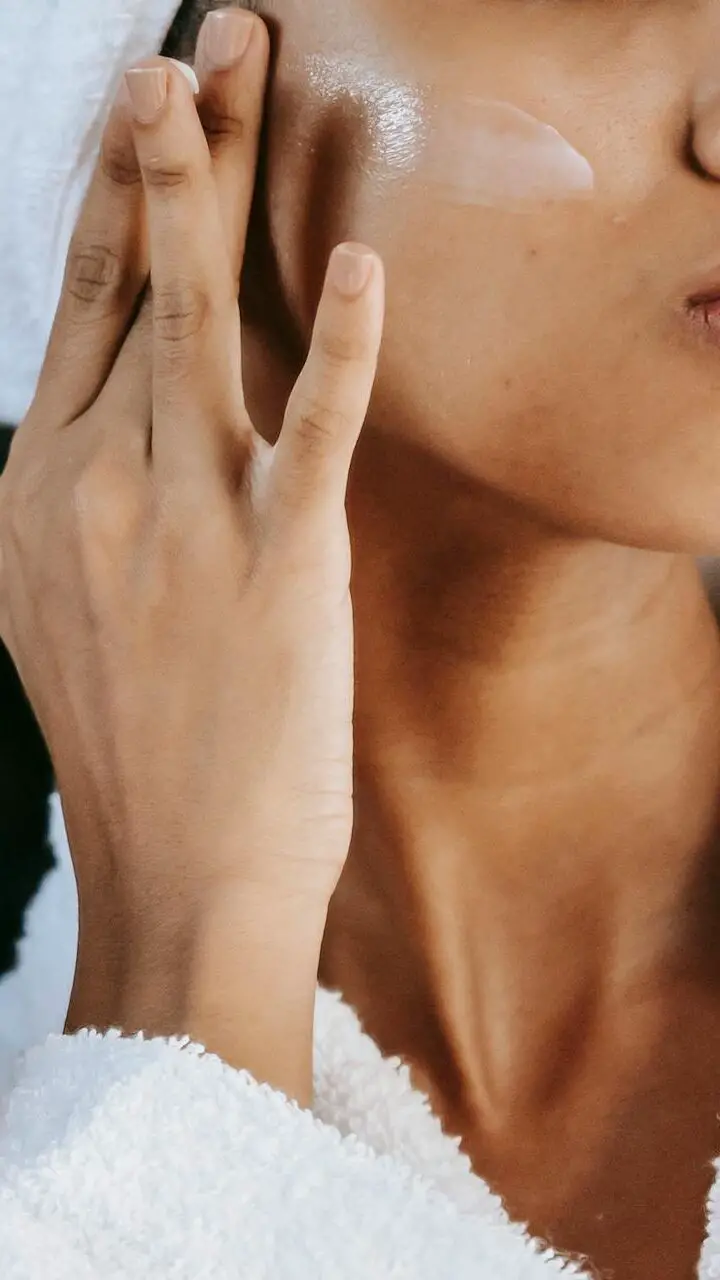

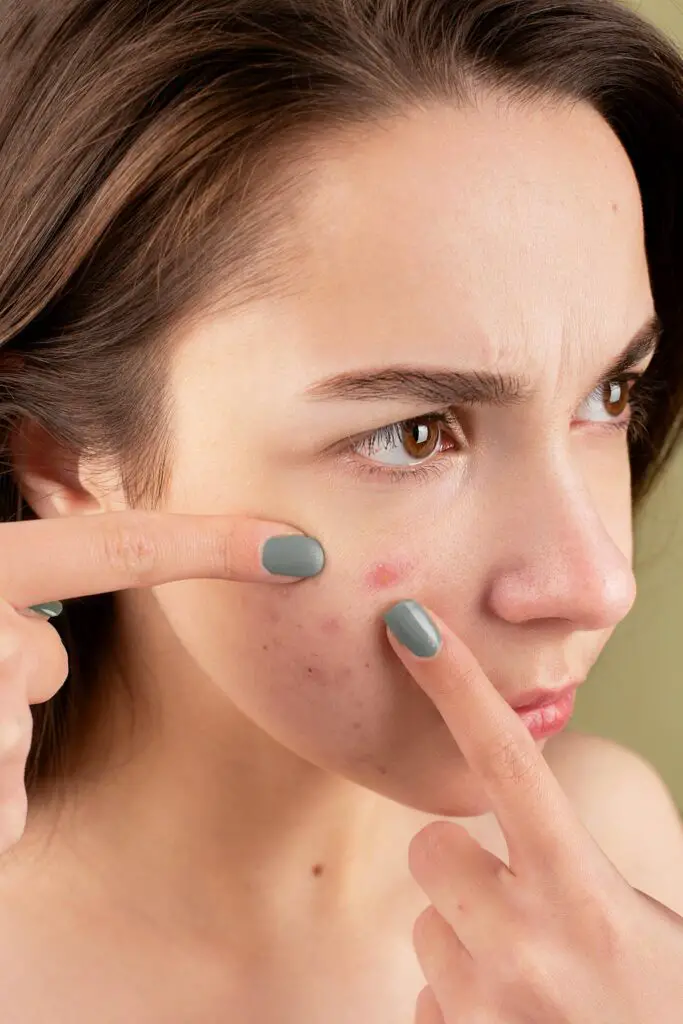


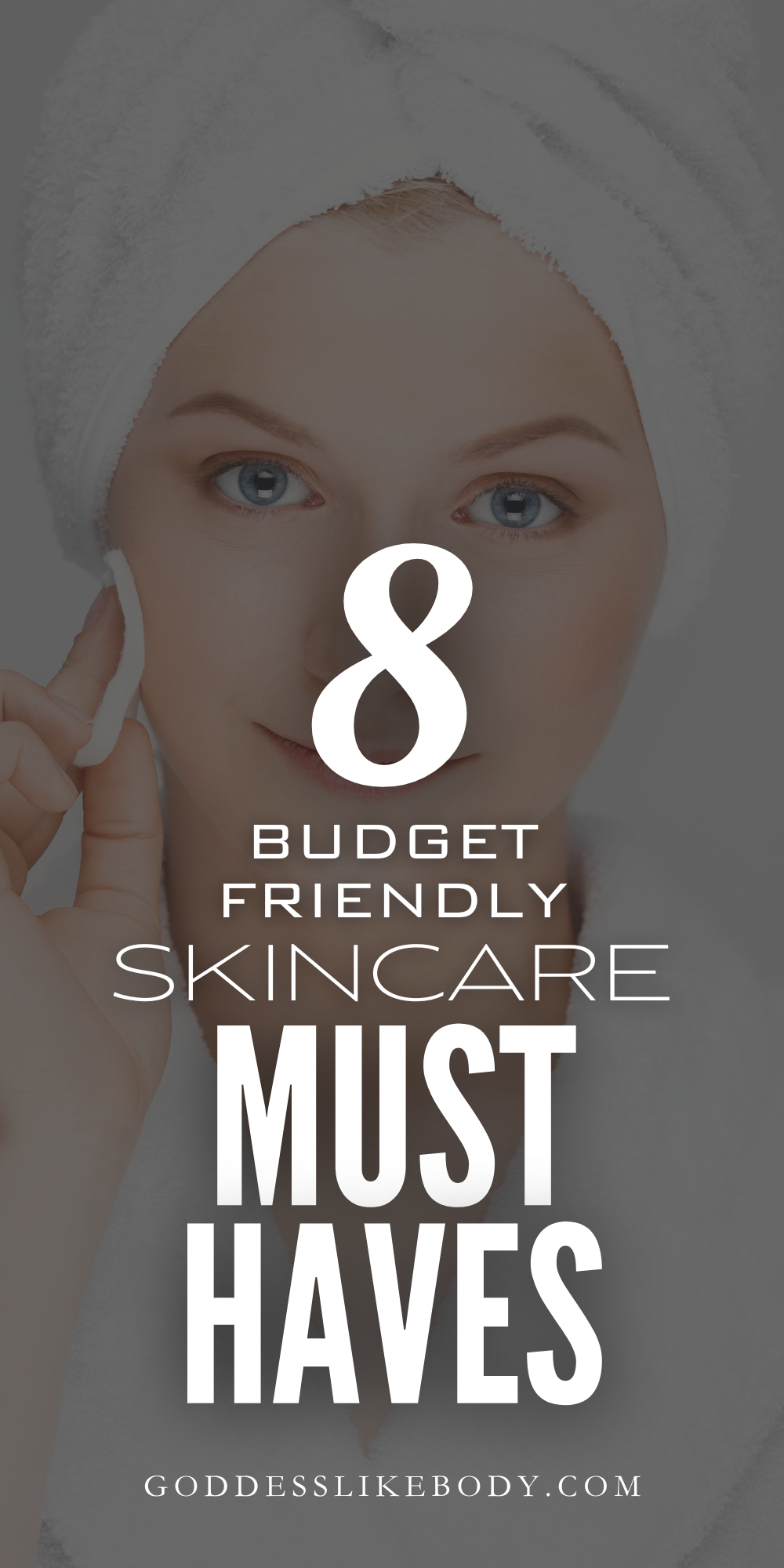
Leave a Reply
You must be logged in to post a comment.